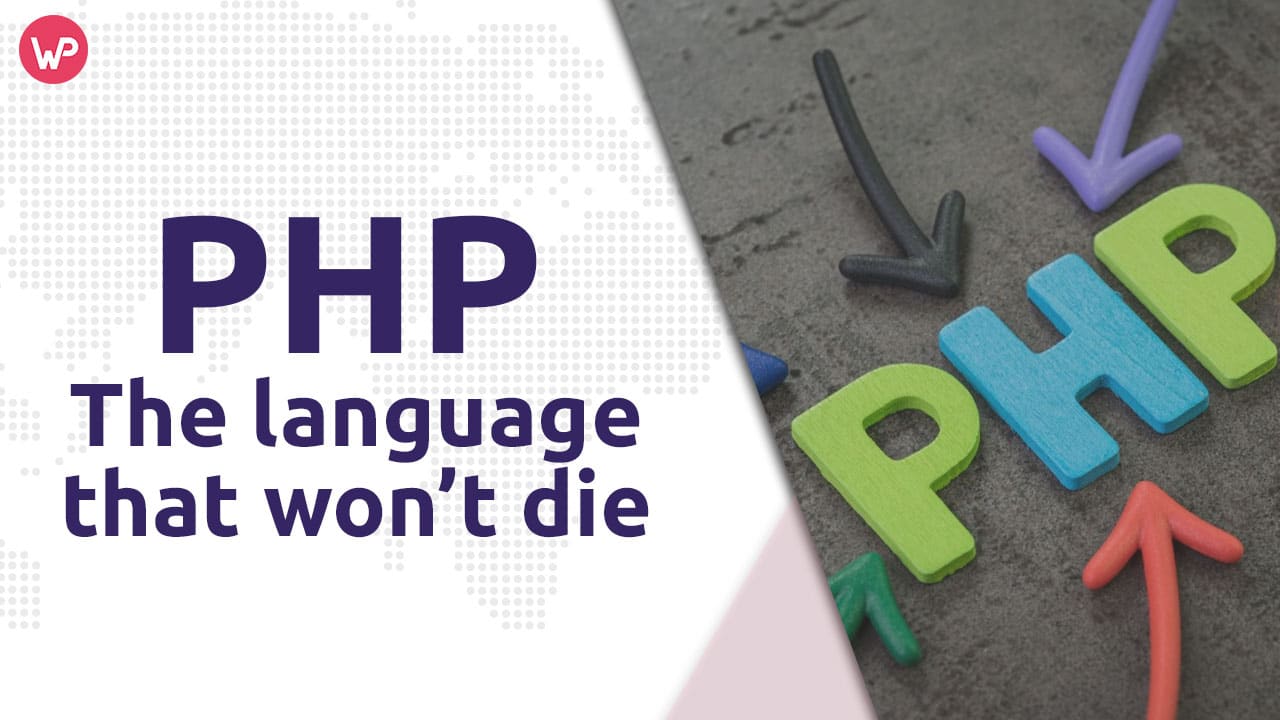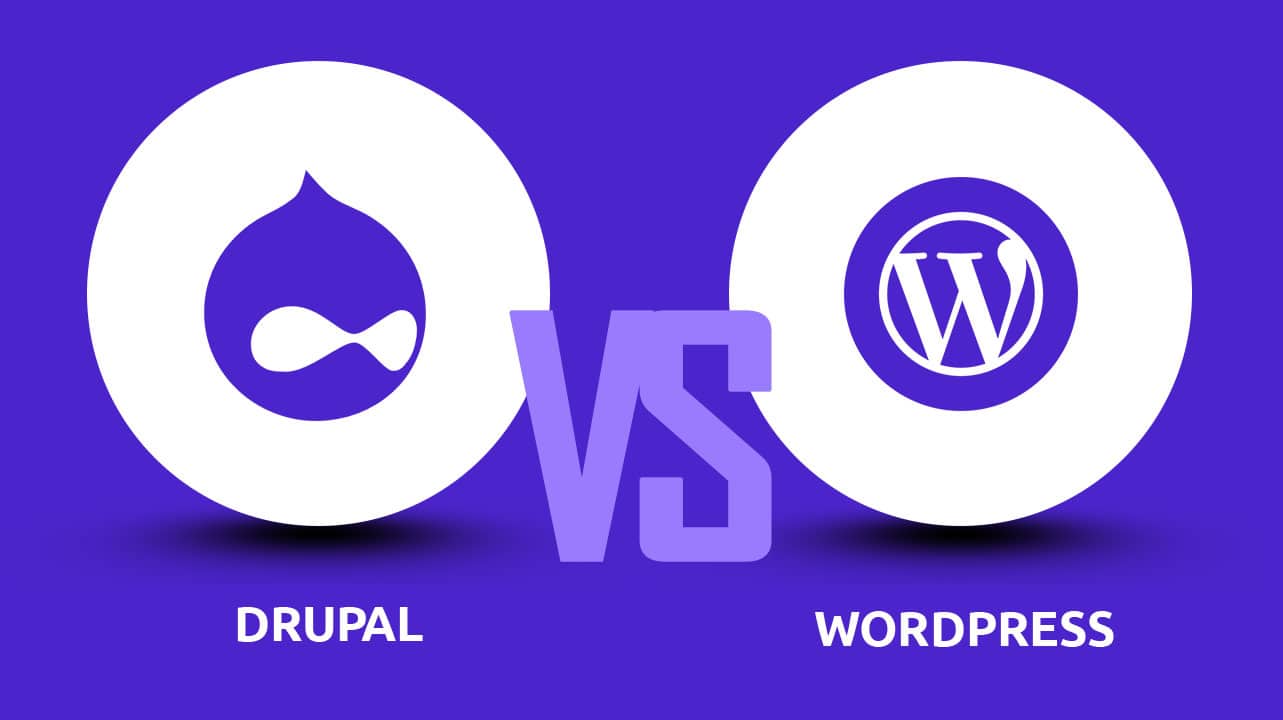Overview of PHP's history and evolution

PHP, which stands for Hypertext Preprocessor, was created in 1995 by Rasmus Lerdorf. Initially, it was used as a simple set of Common Gateway Interface (CGI) scripts to manage Lerdorf’s personal website. Over the years, it evolved into a full-fledged programming language, widely used for web development. Today, PHP is one of the most popular web development languages, powering websites like Facebook, Wikipedia, and WordPress. Despite criticism and competition from other languages, PHP continues to thrive and evolve, with regular updates and improvements to its core features. Its popularity and longevity are a testament to its versatility and ease of use.
Brief explanation of why PHP has not died despite its age

Advantages of PHP
PHP is a widely used server-side scripting language that offers many advantages for web development. Some of these include: ease of use and deployment, compatibility with multiple operating systems and servers, large community support and a plethora of libraries and frameworks, cost effectiveness as it’s open source, strong security features, ability to handle large amounts of data and high traffic, and integration with various databases such as MySQL. Additionally, PHP integrates well with HTML, CSS, and JavaScript, making it a versatile choice for web development. These advantages have made PHP a popular choice for developing dynamic and interactive websites.

Easy to learn and use
Web development is the process of creating and maintaining websites. It involves a variety of skills such as front-end development (HTML, CSS, JavaScript), back-end development (PHP, Ruby on Rails, Node.js), and database management (SQL). In 2023, the five best programming languages for web development are predicted to be JavaScript, Python, Ruby, PHP, and Node.js. These languages are versatile, have large communities, and offer various tools and frameworks for web development. Choosing the right language for your project depends on the type of website you want to build, your team’s skillset, and future scalability needs.
Wide range of functionalities
PHP offers a wide range of functionalities, including server-side scripting, creating dynamic web pages, database integration, file management, email sending, and much more. Its ability to work with various databases such as MySQL, Oracle, and PostgreSQL makes it versatile and flexible. PHP also offers strong security features, making it ideal for developing secure web applications. It is easy to learn and has a large community of developers that provide support and share knowledge. PHP can be used for a wide range of projects, from small websites to complex e-commerce applications. Its open-source nature and low cost make it accessible to businesses of all sizes. With its wide range of functionalities, PHP is a popular choice for web development.
Large community and support
PHP has a large and active community of developers and users who contribute to its growth and support. The open-source nature of PHP allows for a constant flow of updates, bug fixes and new features. As one of the most widely used programming languages for web development, the support and resources for PHP are vast and easily accessible. the support and resources for PHP are vast and easily accessible.

From forums, blogs, and online tutorials, to community-driven projects, the PHP community is always available to help. Additionally, there are many PHP frameworks and CMS systems such as WordPress, Magento and Laravel, which have their own large communities and support systems. The large community and support system of PHP makes it a reliable and efficient choice for web development projects.
Compatibility with various platforms and servers
Common Use Cases for PHP


Web Development
PHP is a popular server-side scripting language that is widely used for web development. Some common use cases for PHP include: dynamic websites, e-commerce platforms, content management systems, database-driven websites, and custom web applications.
Content Management Systems (CMS)
A Content Management System (CMS) is a web-based software application used to manage and publish web content. In the context of web development and common use cases for PHP, CMS are used to create and manage websites with ease, without the need for extensive technical knowledge. They provide a user-friendly interface for adding and updating content, managing media files, and organizing website structure. Some popular CMS platforms for PHP include WordPress, Joomla, and Drupal.
E-commerce websites
E-commerce websites are online platforms for buying and selling goods and services over the internet. They typically include shopping carts, payment gateways, product catalogs, and order management systems. Common use cases for PHP in web development for e-commerce websites include the creation of dynamic product pages, handling customer orders, and processing secure payments. PHP also enables developers to integrate various tools such as shipping calculators, reviews and ratings systems, and email marketing automation.
Dynamic web pages
Dynamic web pages are web pages that change and update based on user input, interactions, or real-time data. In the context of web development, PHP is a popular language used to create dynamic web pages. Some common use cases for PHP in dynamic web pages include creating dynamic forms, processing user data, generating content based on user interactions, and retrieving data from databases.

Backend Development
Backend Development for Common Use Cases for PHP involves building the server-side functionality of a website or application using PHP programming language. This involves handling the database, managing user authentication and authorization, and processing data from the front-end and returning it to the client.
REST APIs
REST APIs, or Representational State Transfer APIs, are a type of API that allows communication between different systems or applications. They are commonly used in backend development for PHP. REST APIs are based on the HTTP protocol and use standard methods such as GET, POST, PUT, and DELETE to perform operations. They allow developers to access data and functionality of an application or website through a standardized interface.
Data processing and management
Data processing and management is a critical aspect of backend development, particularly for common use cases for PHP. This involves collecting, storing, and organizing data from various sources, and transforming it into meaningful information for end-users. PHP is commonly used for database management, which includes tasks such as creating, updating, and deleting records, as well as retrieving information from databases.
Automation scripts
Automation scripts in backend development refer to code written to automate repetitive tasks in the development process. For common use cases in PHP, automation scripts can be used to perform tasks such as database migrations, test setup and execution, deployment, and data processing. These scripts can save time and reduce the likelihood of human error in manual tasks.
Criticisms of PHP

Security vulnerabilities
Lack of performance compared to newer languages
Difficulty in maintaining and scaling large projects
PHP in the Future
PHP (Hypertext Preprocessor) is a widely used server-side scripting language that powers many websites on the internet today. With the advent of new technologies and trends like artificial intelligence, machine learning, and cloud computing, PHP developers are looking forward to exploring new ways to integrate these technologies into PHP. Additionally, the PHP community is actively working on improving the language’s performance, security, and scalability to better meet the demands of modern web development. In conclusion, the future of PHP looks bright, and it will continue to be an essential tool for building dynamic and robust websites.

Adoption of newer technologies such as PHP 8
Integration with emerging technologies such as Artificial Intelligence and the Internet of Things

In the future, PHP will likely integrate with emerging technologies such as Artificial Intelligence (AI) and the Internet of Things (IoT). This integration will likely enable PHP to provide more advanced and automated solutions for various applications and industries. For instance, the integration of PHP with AI may lead to the development of intelligent and personalized web applications, while the integration of PHP with IoT may result in the creation of smart devices and systems that can interact with each other. The integration of PHP with these technologies is expected to offer new possibilities and opportunities for businesses and developers, as well as enhance the user experience.
Expansion into new domains such as desktop and mobile application development
Future of PHP Developer
The future of PHP developers is bright and promising. Despite the emergence of newer programming languages and frameworks, PHP remains a popular and widely used language for web development. With its ongoing evolution and updates, PHP developers can expect to continue working on cutting-edge projects and applications.
One exciting development in the future of PHP is the rise of PHP 8. This latest version includes new features such as JIT compilation, union types, and named arguments, which will enable developers to write faster and more efficient code. This will also lead to increased demand for PHP developers who can leverage these new features to create even more innovative solutions.

Moreover, the demand for PHP developers is expected to continue to grow in the coming years, with an increasing number of businesses and organizations relying on web applications for their operations. This presents a plethora of opportunities for PHP developers to work on exciting projects in various industries, including healthcare, finance, and e-commerce.
In conclusion, the future of PHP developers looks bright, with ongoing updates and innovations ensuring that the language remains relevant and in-demand. So, if you’re considering a career in web development, don’t overlook the potential and possibilities of becoming a PHP developer.











